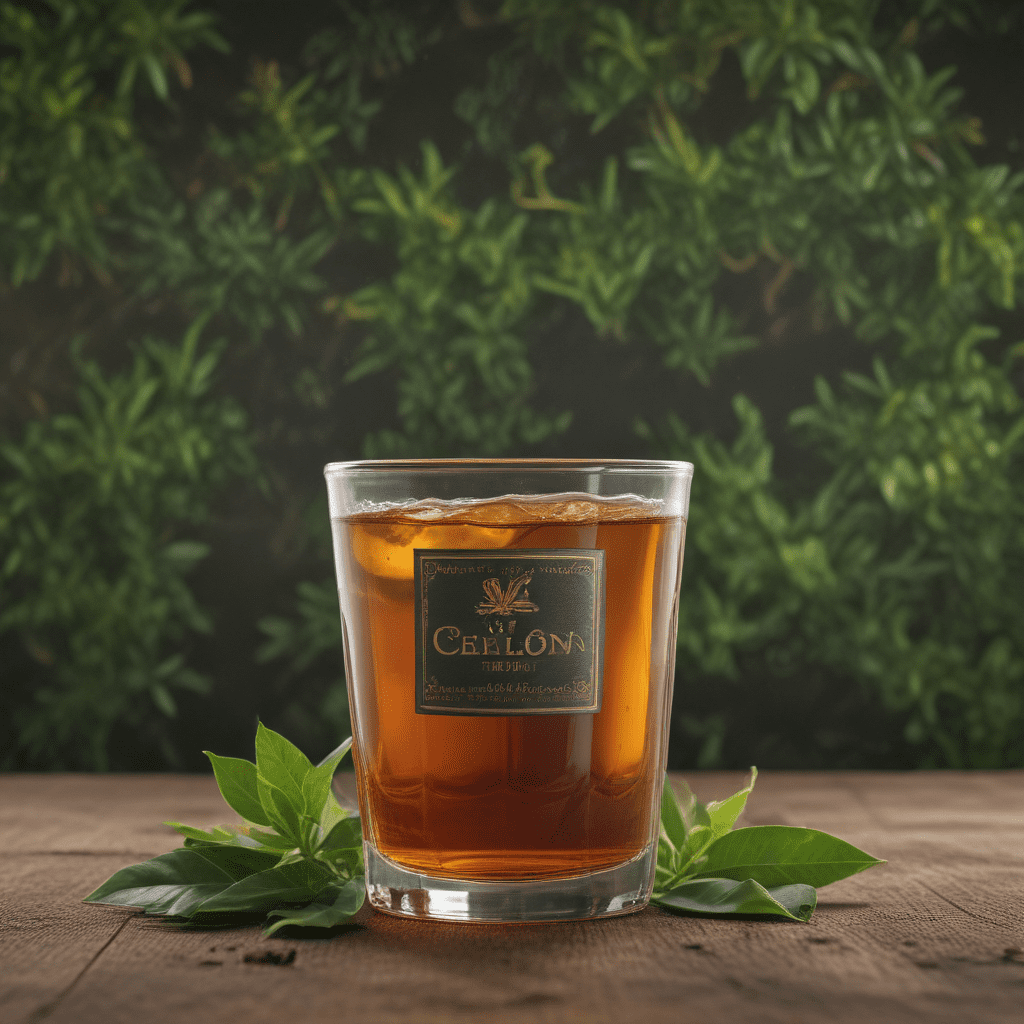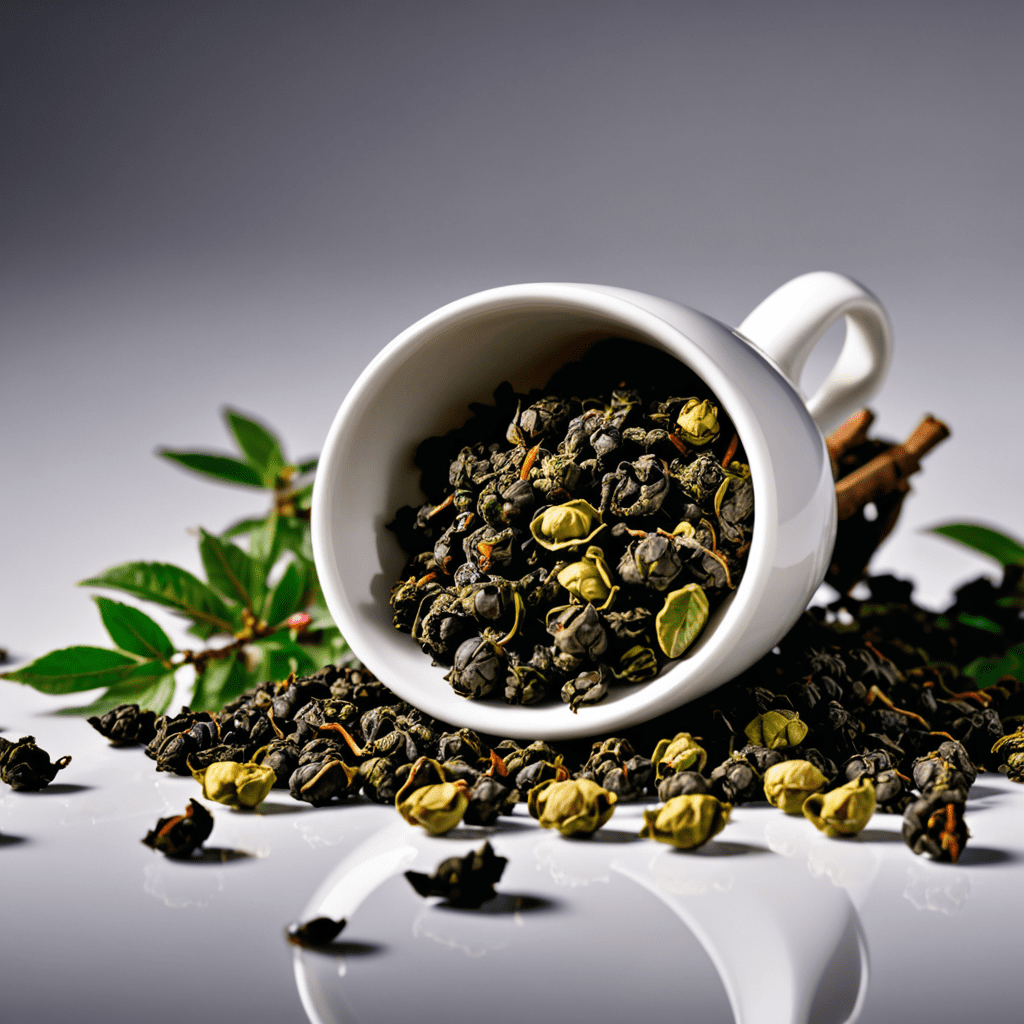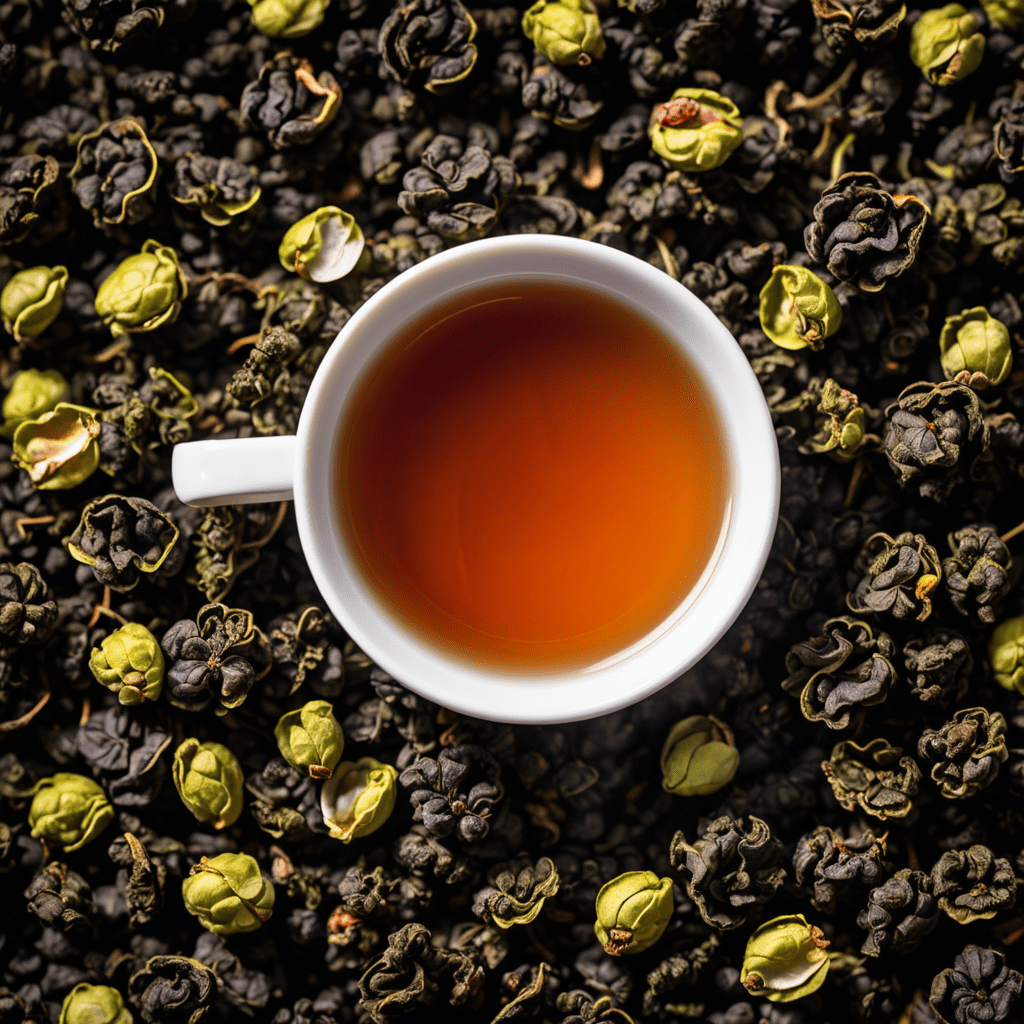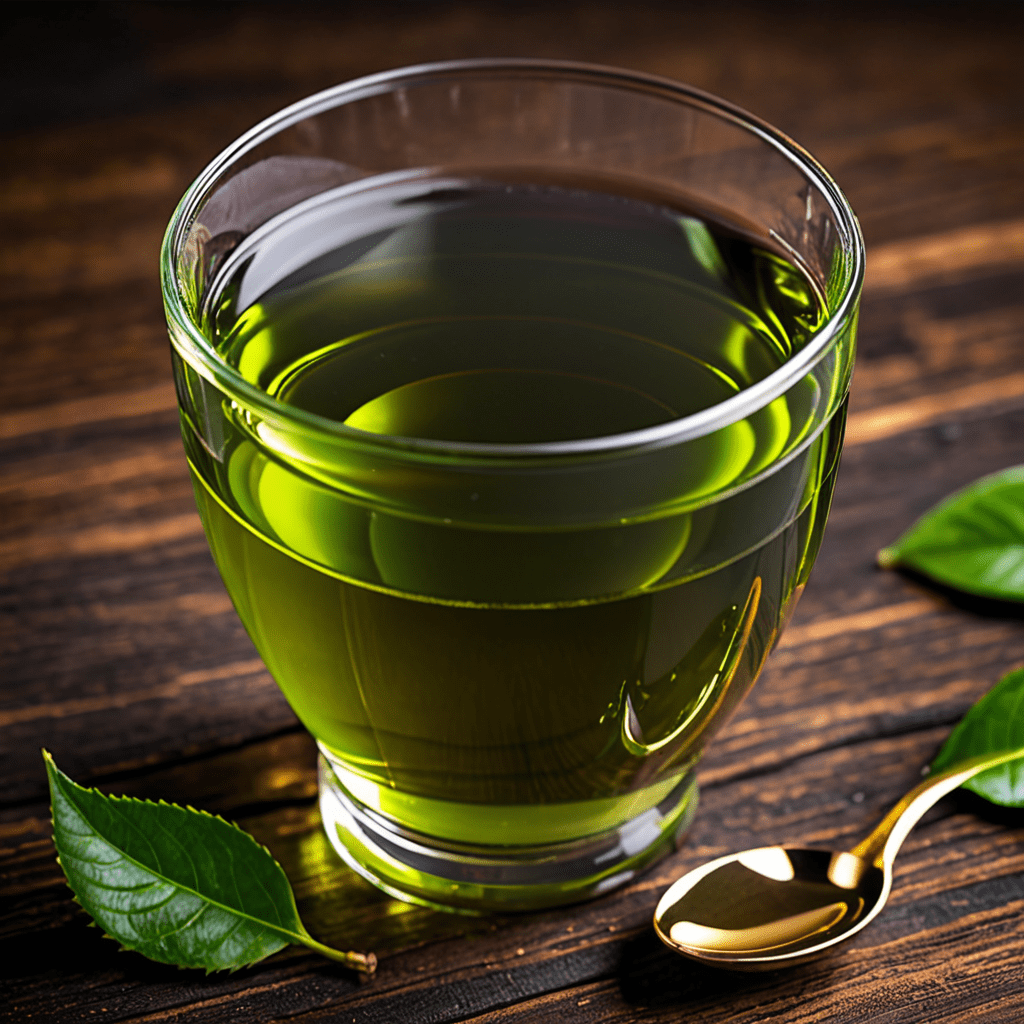
I. The Allure of Ceylon Tea: A Beverage Steeped in History, Flavor, and Wellness
Ceylon tea, renowned for its exquisite taste and aromatic allure, has captivated tea aficionados worldwide for centuries. Cultivated amidst the verdant hills and valleys of Sri Lanka, formerly known as Ceylon, this exceptional beverage boasts a rich history, distinct flavors, and remarkable health benefits. Its journey from leaf to cup is a symphony of tradition and innovation, showcasing the artistry and expertise of Sri Lankan tea masters.
II. Historical Legacy of Tea Cultivation in Ceylon: A Tale of Colonialism and Agricultural Triumph
The introduction of tea to Ceylon in the mid-19th century marked a transformative chapter in the island's history. Initially cultivated as a cash crop during British colonial rule, tea soon became an integral part of the local economy and culture. Over the decades, Sri Lankan tea farmers honed their skills, developing unique cultivation and processing methods that shaped the exceptional character of Ceylon tea. Today, Sri Lanka stands as one of the world's leading tea-producing nations, with Ceylon tea recognized for its distinctive flavors and consistent quality.
III. The Geography and Climate: A Symphony of Flavors Sculpted by Nature
The diverse geography of Sri Lanka, coupled with its unique climate, creates an ideal environment for tea cultivation. The island's central highlands, with their rolling hills and ample rainfall, provide optimal conditions for tea bushes to thrive. The distinct microclimates found within these regions, each influenced by altitude, temperature, and rainfall patterns, impart subtle nuances to the flavor profile of Ceylon tea. As a result, each tea-growing region of Sri Lanka produces teas with distinctive characteristics, ranging from bold and full-bodied to light and delicate.
IV. Bush to Cup: The Art of Tea Production: A Journey of Transformation
The journey of Ceylon tea from bush to cup is a delicate balance between tradition and innovation. Tea leaves are carefully handpicked, ensuring only the finest buds and leaves are selected. The leaves then undergo a series of intricate processes, including withering, rolling, oxidation, and drying. Each step is meticulously controlled to preserve the tea's unique flavor and aroma. The resulting black tea leaves are then graded and classified according to their size, shape, and appearance. This meticulous attention to detail ensures that every cup of Ceylon tea delivers a consistent and exceptional taste experience.
V. Grading and Classification: Navigating the Nuances of Ceylon Tea
Ceylon tea is graded and classified based on a strict set of standards, allowing tea enthusiasts to discern the quality and characteristics of each variety. The grading system encompasses factors such as leaf size, appearance, and processing method. Some of the most common grades include: Orange Pekoe (OP), Pekoe (P), and Broken Orange Pekoe (BOP). Additionally, Ceylon tea is often classified according to its region of origin, with each region producing teas with distinct flavor profiles. Understanding these grading and classification systems empowers tea enthusiasts to select the perfect Ceylon tea to suit their preferences.
VI. Health and Wellness Benefits: A Tea-infused Elixir
Ceylon tea is not merely a delectable beverage; it is also a treasure trove of health-promoting compounds. Studies have shown that Ceylon tea contains a wealth of antioxidants, including theaflavins and thearubigins, which help protect the body against cellular damage caused by free radicals. Regular consumption of Ceylon tea has been linked to various health benefits, including improved heart health, reduced inflammation, and enhanced cognitive function. Additionally, Ceylon tea is a rich source of polyphenols, which have been shown to support immune function and may play a role in cancer prevention.
VII. Innovation in Ceylon Tea: From Tradition to Transformation
While Ceylon tea remains steeped in tradition, Sri Lankan tea masters are constantly exploring innovative ways to enhance the tea experience. One notable innovation is the development of specialty teas, such as flavored teas and herbal infusions. These teas combine the classic flavors of Ceylon tea with natural ingredients like fruits, herbs, and spices, creating unique and captivating taste experiences. Another area of innovation is the introduction of sustainable farming practices, ensuring the long-term viability of Ceylon tea while preserving the environment.
VIII. Sustainable Practices: Preserving the Legacy
Sustainability is a cornerstone of Ceylon tea production. Sri Lankan tea farmers are committed to minimizing their environmental impact while ensuring the well-being of their communities. Sustainable practices include the adoption of organic farming methods, the use of renewable energy sources, and the implementation of water conservation techniques. Additionally, many tea plantations in Sri Lanka are Rainforest Alliance Certified, demonstrating their commitment to responsible land management and the protection of biodiversity.
IX. The Global Impact of Ceylon Tea: A Flavored Journey
Ceylon tea has made an indelible mark on the global tea scene, with its distinctive flavors and exceptional quality captivating tea drinkers worldwide. From the bustling tea auctions in Colombo to the tea houses of London and beyond, Ceylon tea has become synonymous with the finest tea experiences. Its global reach has not only introduced the world to the unique flavors of Sri Lanka but has also fostered cultural exchange and appreciation for the art of tea.
X. Ceylon Tea as a Cultural Tapestry: Connecting the World
Beyond its economic significance, Ceylon tea holds a special place in Sri Lankan culture. It is an integral part of daily life, enjoyed in homes, offices, and social gatherings. The tea culture of Sri Lanka is steeped in tradition and ritual, with tea being served with pride and hospitality. Furthermore, Ceylon tea has become a symbol of Sri Lanka's identity and heritage, connecting the nation with the world through a shared love for this exquisite beverage.
FAQ
Q: What makes Ceylon tea different from other teas?
A: Ceylon tea is renowned for its unique flavor profile, which is influenced by the island's geography, climate, and traditional cultivation methods. Its distinctive taste and aroma have made it a favorite among tea enthusiasts worldwide.
Q: How do I choose the right Ceylon tea for me?
A: Ceylon tea is graded and classified based on various factors, including leaf size, appearance, and processing method. Understanding these grading systems will help you select the perfect Ceylon tea to suit your preferences.
Q: How can I incorporate Ceylon tea into my daily routine?
A: Ceylon tea can be enjoyed in various ways throughout the day. It is traditionally brewed and served with milk and sugar, but it can also be enjoyed black or with other flavorings. Ceylon tea also pairs well with food, making it a versatile beverage to savor at any time.


